Non-fiction tells you what happened, fiction affirms the kinds of things that happen. According to Aristotle, anyway. So while journalism seeks out unlikely events, fiction creates pleasing inevitabilities. The problem as it pertains to our brave narrative podcasters is that they have to straddle the two worlds: their material must be interesting and unusual, but their final story should have the poetic coherence of good old unreality. They have to turn ‘some things that happened’ into ‘a kind of thing that happens’. Otherwise it’s all evidence and no charge, each event indistinguishable in its randomness from a bolt of lightning.
Obscene:The Dublin Scandal has classy production values, a great, likeable narrator in Adrian Dunbar, high-profile talking heads such as Colm Toibin and Fintan O’Toole and a post-Succession theme tune of cellos weeping over a loose, reverbed drumkit that promises clever twists and high-concept suspense. It tells a story so brightly freaked with improbability that it inspired a new acronym in Irish politics: Gubu. Grotesque, unbelievable, bizarre, unprecedented. Yet after its seven grotesque, unbelievable, bizarre, unprecedented episodes were through, I found myself wondering if the writers themselves could explain to me what the story really meant, let alone why it all happened.
The story in a nutshell: one glorious summer day a young nurse was brutally murdered in Dublin’s Phoenix Park. Shortly afterwards a farmer was shot in the face with his own gun. Eyewitness reports confirmed that both killings were the work of one man: a plummy Anglo-Irish sort in a beige V-neck and bow tie. Not bad looking either, with his cresting sweep of tight black curls, if you could overlook the bloodstains on his shirt. His name was Malcolm MacArthur, and he soon became the subject of the largest manhunt in Irish history. They found him in the last place you’d think to look: the home residence of Ireland’s attorney general.
As an invidious high piano pitters in the background, our narrator relays the dark comedy of MacArthur’s arrest. The police were parked outside the home of Ireland’s senior legal officer, waiting to arrest its most notorious murderer. Then a taxi pulled up with a delivery for the suspect: a case of Perrier water and a tool for sawing off a shotgun. As the police were cogitating on the fact that MacArthur was probably armed, the attorney general himself pulled up. The police explained that, well, they were here to arrest the man staying in his flat.
Very politely, he led them to the front door and said to his guest: ‘I don’t know what this is about, Malcolm, but whatever it is you’re on your own.’ Needless to say this all took place on Friday 13th.
Obscene’s problem is that even with Colm Toibin and Fintan O’Toole providing commentary, they only find so many ways to say ‘Ireland’s most wanted man was found in the apartment of its attorney general’. There are only so many people you can get to contextualise the context-defying fact that Ireland’s most wanted criminal was found in the home of Ireland’s most senior lawyer. Let me try again: Ireland’s most notorious murderer was found by police hiding out in the home of Ireland’s most important legal officer. Is this getting through? Are you hearing this?
And so… and so what? We don’t really know. MacArthur pleaded guilty to one murder, the judge said the trial didn’t need to be heard and the whole thing was over within half an hour. MacArthur got 30 years.
Many suspected a conspiracy among the Irish elite to cover up a romantic relationship between the attorney general and MacArthur, or a corrupt relationship between the attorney general and the Taoiseach, Charles Haughey. But as it is, we have no proof. We don’t even really know why MacArthur did it.
This isn’t a piece of rug-pulling, unlike some podcasts I could name. It tries to suggest that this was a time when the Irish public were beginning to see that the institutions that governed them – the lawyers, the bankers, the politicians and most of all the Catholic church – were not to be looked at without scepticism. They argue that the MacArthur case was the first twitch of the curtain that would eventually leave the bare and desolate stage out in full public view.
Maybe. The only problem is this all feels so much more particular and more outlandish than those larger structural problems. The answers one wants are psychological, personal, individual. It’s not even clear that you would find them in the (still-unavailable) cache of unpublished court documents. But if, like me, you still want more from the curious case of Malcolm MacArthur, you could always turn from the listless, extraordinary facts of the matter and pass on to something fuller and entirely unreal: John Banville’s novel about the case, The Book of Evidence.
The post The extraordinary case of Malcolm MacArthur appeared first on The Spectator.
Got something to add? Join the discussion and comment below.
Get 10 issues for just $10
Subscribe to The Spectator Australia today for the next 10 magazine issues, plus full online access, for just $10.
You might disagree with half of it, but you’ll enjoy reading all of it. Try your first month for free, then just $2 a week for the remainder of your first year.

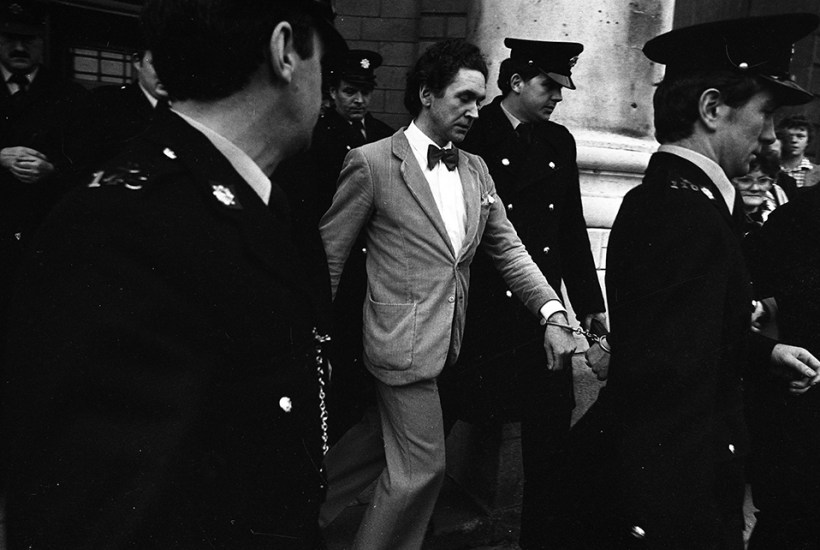
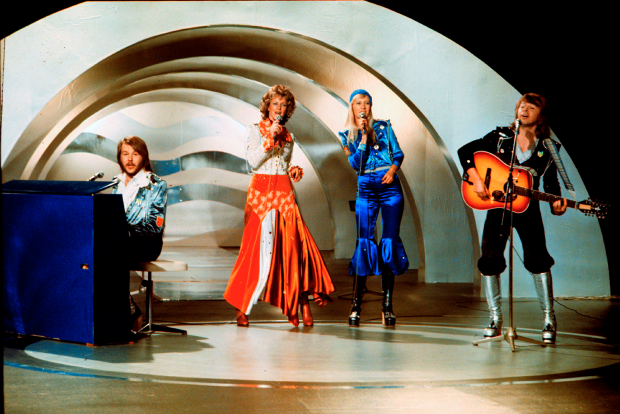
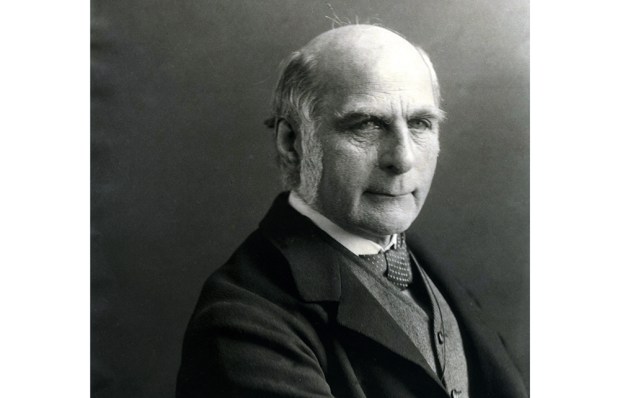
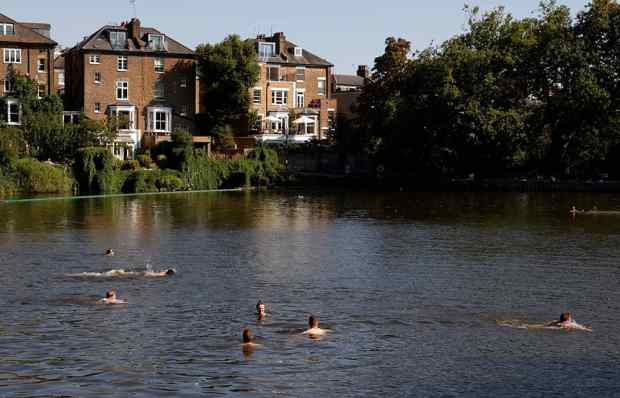

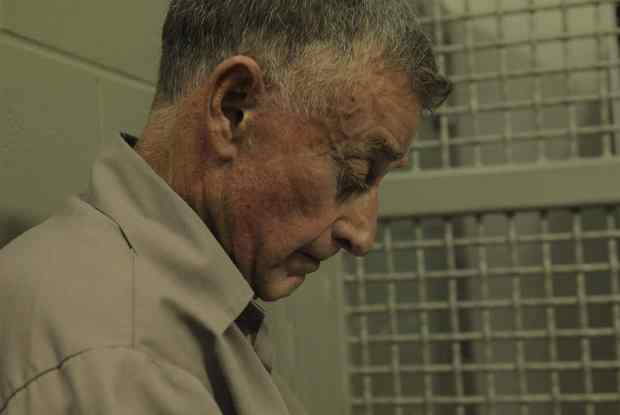







Comments
Don't miss out
Join the conversation with other Spectator Australia readers. Subscribe to leave a comment.
SUBSCRIBEAlready a subscriber? Log in